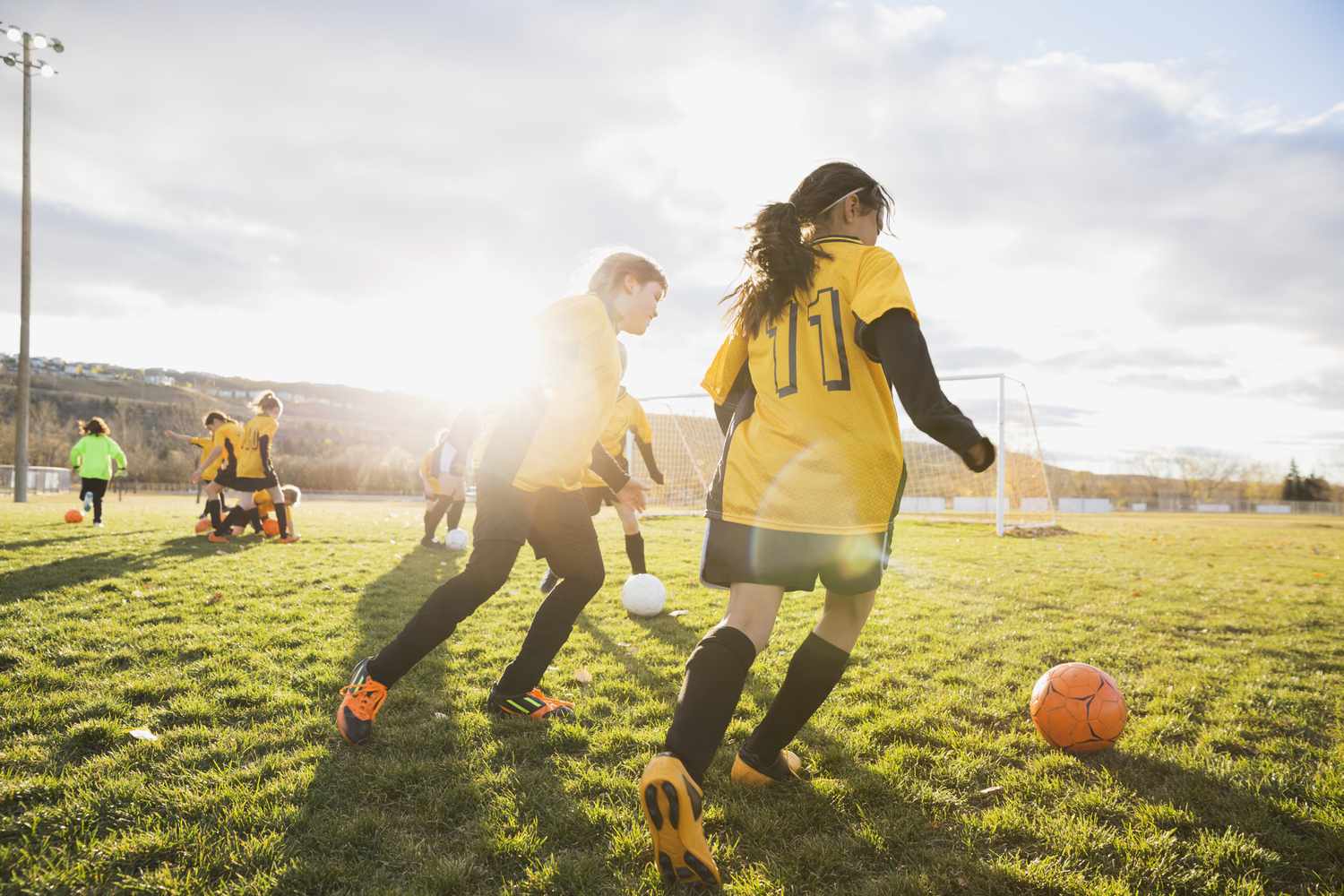
The roar of the crowd, the weight of the world on one’s shoulders, the split-second decisions where anything could either lead to a monumental victory or a devastating defeat- these have come to be understood as high-pressure competitions, which in essence is where an athlete’s physical skill meets their will. And here again, psychology comes into play; it either makes champions or those who crack under pressure. Athletes who understand the mental game have the focus to override distractions, handle anxiety, and perform when it matters most.
Understandings of the Pressure Cooker:
High-pressure matches initiate a water cascade of physiological and psychological responses. The release of stress hormones such as cortisol and adrenaline increases heart rate and respiration and induces muscle tension. “The fight-or-flight” mechanism, while useful in situations, needs to be controlled to optimize the athlete’s performance in sports.
On the psychological side, the athlete may find that their anxiety increases, self-doubt creeps in, and a fear of failure becomes dominant. All these intensely negative feelings interfere with a positive mindset obstructing decisions, action, or skill. Choosing a mode to cope is the ability of an athlete to overcome such psychological hurdles while keeping their cool in the moment of execution.
The Core Psychological Skills for High-Pressure Games:
Mental Imagery and Visualization: Athletes use mental imagery to picture successful performances: rehearsing events in their mind for specific scenarios that will vary in emotional and physical demand to prepare. Mental imagery fills one with confidence, sharpens focus, and hones movement skills. Success imagery also reduces anxiety by providing a sense of familiarity with the stressful situation.
Goal Setting and Focus: Setting realistic and achievable goals empowers focus and motivation. Athletes should focus on the process – executing certain techniques – rather than on the big picture: the win. This gives them a sense of control over their performance: remain in the present with their focus on the now, the next play, instead of on the actual score. This kind of distraction helps to work with anxiety.
Self-Talk and Positive Affirmations: The narrative that any athlete tells him or herself can have a powerful impact on their performance. Positive self-talk-such as affirming, “I am confident” or “I can do this”-can empower athletes and counter negative self-talk. Positive affirmations can eliminate self-doubt and foster a winning mental climate.
Anxiety Management Techniques: Athletes employ various techniques to manage anxiety including deep breathing exercises, progressive muscle relaxation, and mindfulness meditation. These relax the nervous system, relieve muscle tension, and help with relaxation. Particularly mindfulness meditation allows athletes to really be present, focused, and not swept away by negative thoughts and emotions.
Emotional Regulation: Emotion regulation is important, as it is important for staying calm under pressure. Athletes must learn to identify and manage their emotions without losing control. This means learning ways to deal with feelings of frustration, anger, and disappointment.
Pre-Performance Routines: Setting pre-performance routines in place is one way for an athlete to create a feeling of control and predictability, thereby decreasing anxiety. Specific warm-up protocols, visualization, or listening to music could be included as part of the routine. An established routine creates comfort through familiar stimulation, allowing the athlete to transition effortlessly into the competitive environment.
Playinexch is the ultimate destination for 10 million+ gaming enthusiasts! Play 3000+ exciting games, including Cricket, Poker, Teen Patti, Football, and Aviator. Sign up now and grab a welcome bonus of up to 50 lakhs. Take advantage of big tournament bonuses during IPL, BPL, World Cup, T20, FIFA, and more. Earn extra rewards with referral bonuses! Enjoy lightning-fast deposits and withdrawals (processed in just 60 seconds) along with 24/7 customer support. Elevate your experience with the best Casino games!
Resilience and Mental Toughness: Mental toughness is the capacity to show persistence in adversity and rise again from the ashes follopathylng setbacks. Building resilience requires athletes to successfully grapple with inevitable challenges and disappointments that accompany high-pressure matches. Maintaining a positive approach, learning from past mistakes, and being focused on self-improvement are vital towards building resilience.
The Role of Sports Psychologists:
In building the above psychological skills, sports psychologists are important. They conduct individual training programs, seminars on mental skills, and retreats for their clients to help eliminate mental barriers. Sports psychologists work with coaches to instill encouragement and positivity within the entire team.
Mind Training:
Just like any physical skill, psychological skills need continuous practice and training. For mental training, athletes should set aside time to practice techniques, including visualization, self-talk, and relaxation. Over time, these exercises become well-practiced, and athletes can then access these strategies automatically under high-pressure conditions.
Psychological Skills’ Impact:
The importance of psychological skills and their effects on performance cannot be underemphasized. In athletes mastering their mental game, it becomes an asset in fighting the pressure, maintaining mental focus, and performing at their best, when it actually matters. When they do, they will be able to make appropriate decisions, implement their skills well and recover from the down times.
When the game is high-pressure, that condition would often tip the scales between winning and losing to mental game considerations. Athletes that know and nurture their psychological skills earn significant competitive advantages that enable them to rise up and deliver. Like the body, the mind can become a superb servant; once trained, it translates into extraordinary feats.
